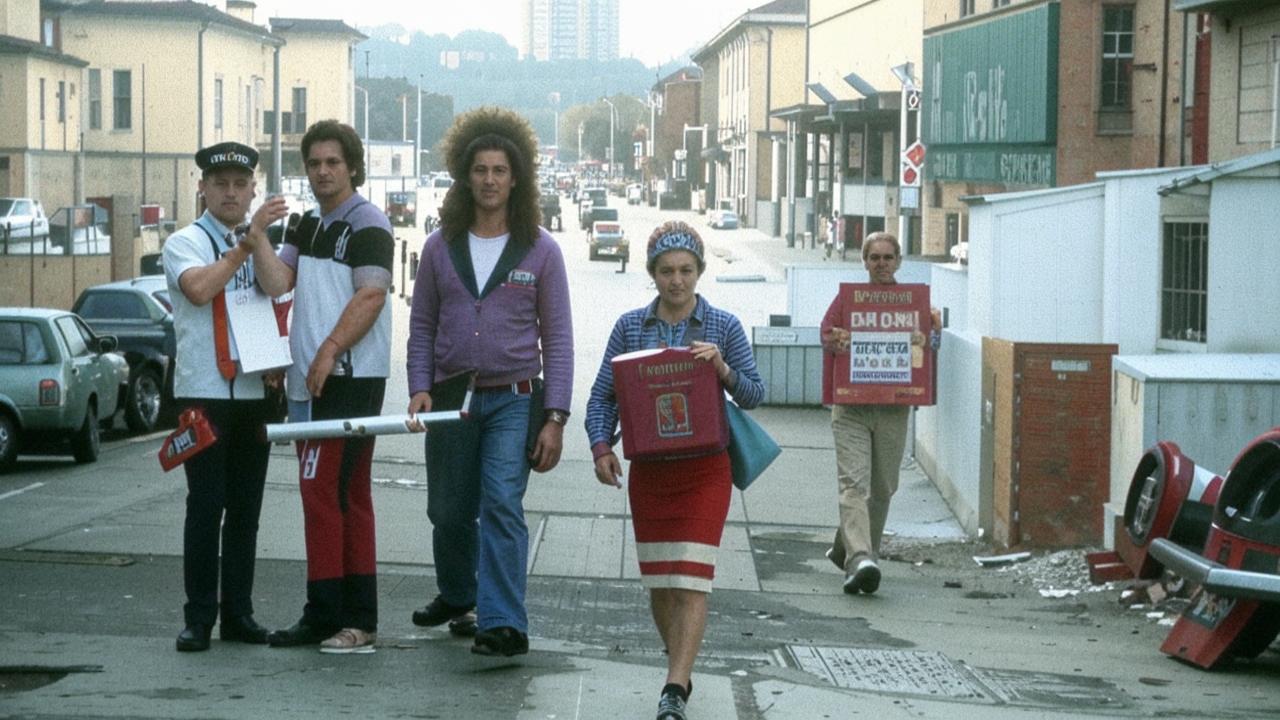The phrase “unclosed gestalt” has practically become a meme. But for some reason we don’t laugh when the same unpleasant situations are repeated in our lives. It seems that you are riding on a Ferris wheel that won’t stop, and frankly, it makes you sick.

An educational psychologist, neurologist.
Tells about what an unclosed gestalt is and how to close it correctly and tightly.
What is a gestalt and how to close it
In translation from German, the word “gestalt” means “form” or “image”. Psychologists, speaking of gestalt, most often mean an action that a person once interrupted and obsessively seeks to complete. For example, a woman keeps meeting alcoholics or abusers on her way to finally get the love of an unloving man.
Inability to get out of debt, frequent injuries, regular loss of valuable things, quarrels with close friends as if for the same reasons – in general, if the record of fate is stuck on the same place, we can talk about the very unfinished gestalt.
What is the danger of this? Imagine that you open programs on your smartphone or computer and do not exit them. The device inevitably begins to “freeze”. At some point, a person with unfinished gestalts, like a character in “The Caucasian Captive”, curses the day when he sat “behind the wheel of the damned vacuum cleaner”, falls into despondency, apathy, exhausts himself emotionally and even physically. So how do you close the gestalt, leaving the boring problems and stories in the past? Here are five simple steps to achieve this goal. But some things you need to be able to let go of as soon as possible. Read about which ones in the previous article.
Step one. Recognize
First, we identify in which area of life we have a problem, how often it appears, what emotions arise in connection with it. Correct answers to these questions will ensure 50% of success. However, there is a complication here. Like a best friend, the psyche tries to anesthetize our lives as much as possible. Therefore, some of the most traumatic situations for us go deep into the subconscious. Or we perceive as normal what is not.
At the first stage it can be very useful to have the help of a specialist, a look from the outside. Thanks to knowledge, experience, the ability to ask the right questions in the right sequence, the psychologist will help the client to pass the way to awareness faster.
Step two. Play it out
Take a piece of paper, a pen and describe a situation that caused you difficult feelings. If you don’t like to write, you can talk into a tape recorder or on a camera. Set the tape aside for 24 hours, listen to it and repeat your story again. Repeated playback will deprive the painful situation of its power. And very soon what happened will not cause any feelings except laughter and maybe boredom.
Step three. Resolve
You dreamed of a dog all your childhood, but your parents did not allow it? Give yourself permission to get one yourself! As a rule, childhood years are a graveyard of unfulfilled dreams that we may well fulfill as adults. But it seems that this is nonsense, bliss, and in general – “later”. Start to fulfill your own childhood wishes, and you will see what miracles will begin to happen.

Step four. Look fears in the face
Suppose your partners keep leaving you. Think back to your first breakup. What would you really want to say to that lover, left, perhaps, in distant youth? Here you can be creative – write a story about it, draw a picture or play a dialog with a psychologist or a close friend.
Express all your emotions – anger or even rage, resentment, longing, shame. And after that you can think about saying goodbye to the person, forgive and even express gratitude for the good that probably was also.
Step Five. Take responsibility
Unfortunately, most people live their lives as if on autopilot. From the outside you can see how they get stuck in the same problems and continue with the same enthusiasm or with the same doom to move with the set route. Be strong and say to yourself, “I am responsible for everything I do or don’t do; for everything I say or don’t say; for everything I choose or don’t choose.” Before making important decisions, try to slow down, reflect, listen to your feelings, do not run away with your thoughts to the past or the future, but be “here and now”. Then fate – which is a close relative of the unclosed gestalt – will have no power over you.






